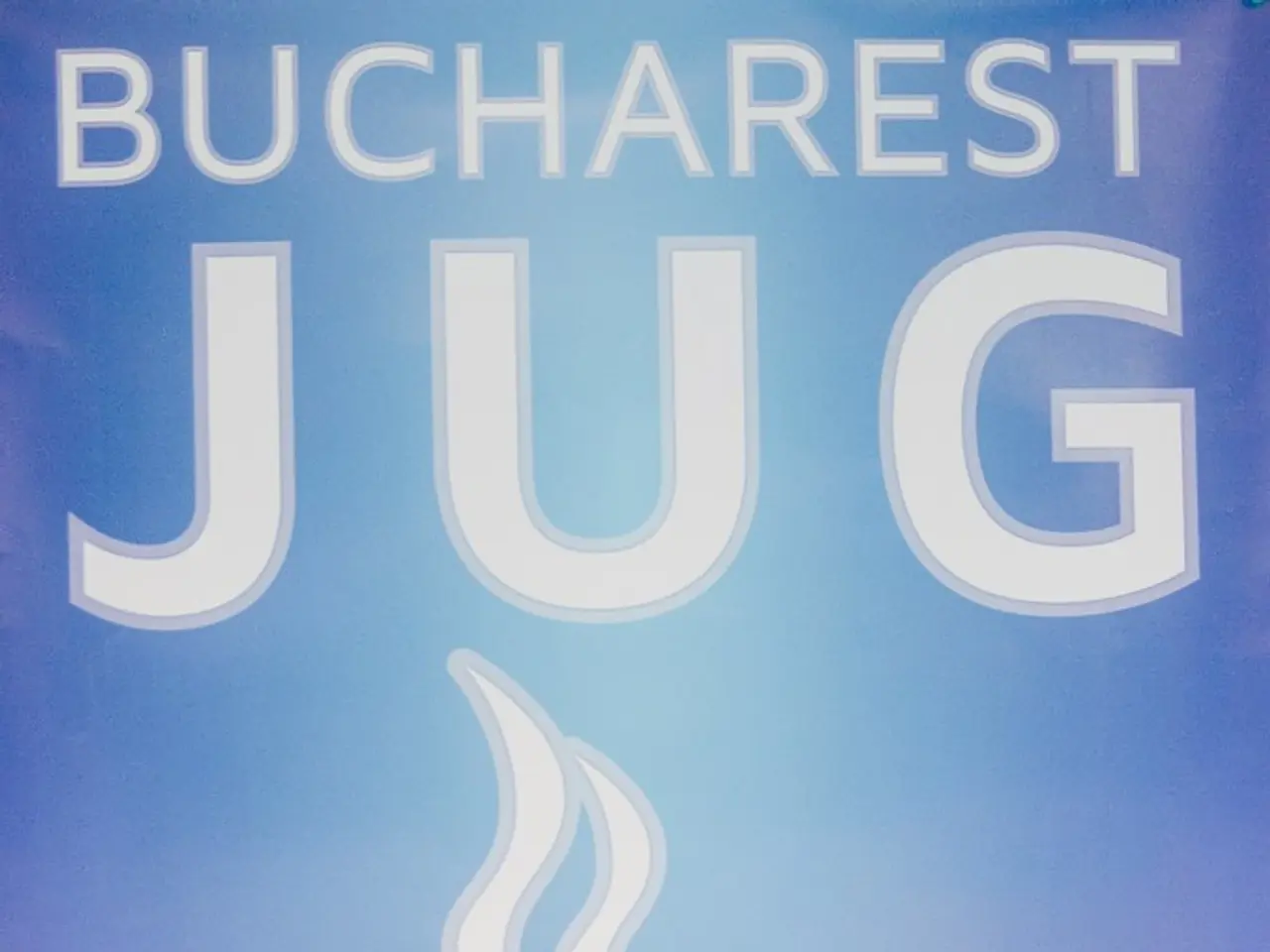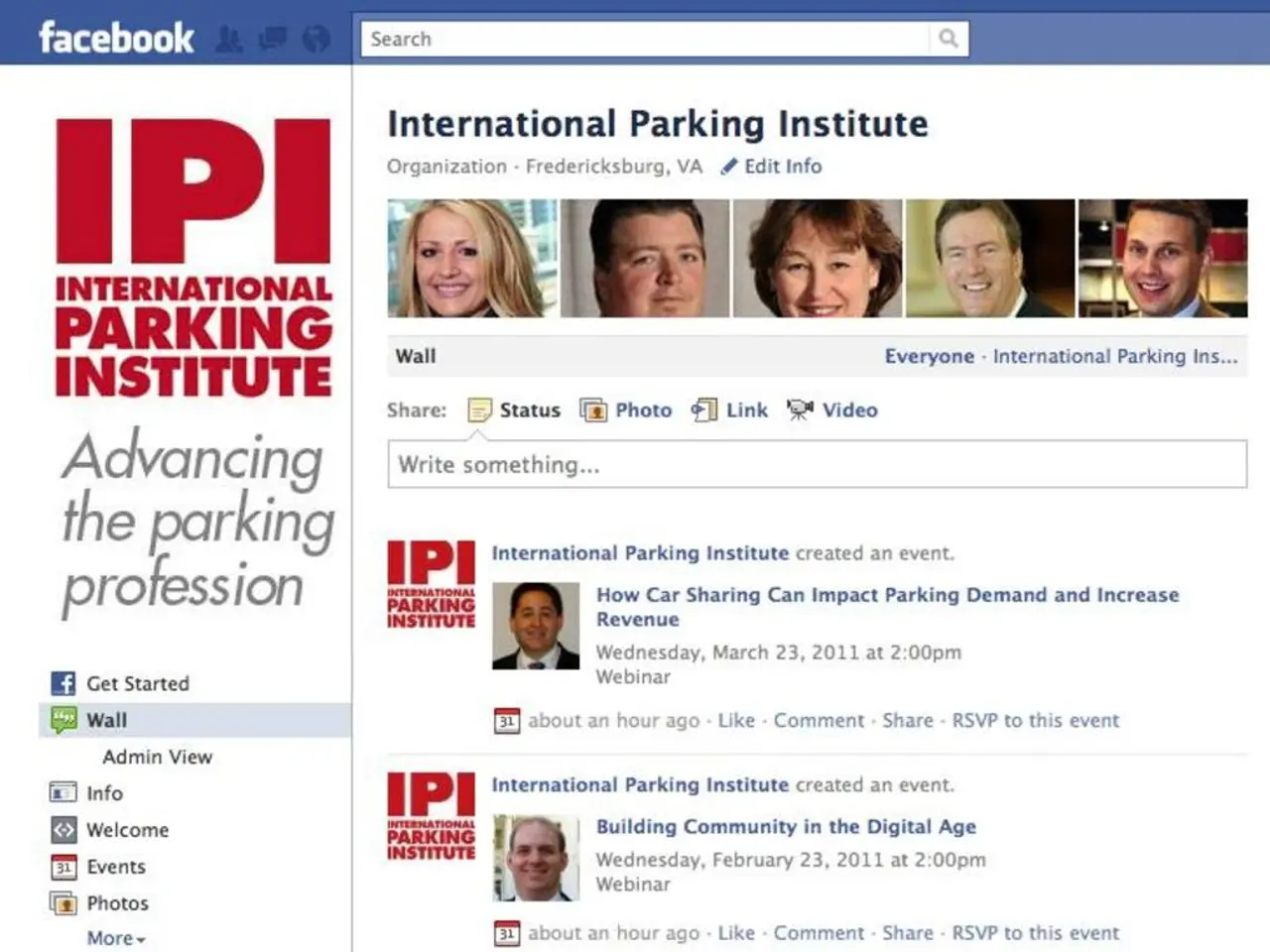World's secure dividend stocks see potential yield of approximately 40%
In the realm of investment, a steadfast reliability in dividend payouts is a valuable trait. Companies with a penchant for regularly increasing these payouts, even if the yields are small, can yield substantial income over time.
When the stock markets throb with life, many investors zero in on price gains. However, those shares remain unsold, the price gains are merely paper profits. If the market falters or a company underperforms, that paper profit can vanish in an instant. In contrast, dividends come in the form of cold, hard cash and remain with the investor, no matter how a stock's price fluctuates.
Those who cherish security in their investments tend to gravitate toward stocks from companies renowned for their dependability as dividend payers, especially during trying economic times. Such companies often exhibit a business model robust enough to weather the storms and ensure that shareholders experience less dramatic stock price losses than the broader market.
Here are five companies that shine in these respects:
Secure Dividend Stocks: Diversify with Consumer Goods
1. Procter & Gamble (P & G)
A titan in the American consumer goods sector, Procter & Gamble, is an ideal pillar for a secure dividend portfolio. Not only has this colossus doled out dividends to shareholders since 1890, but it has also steadily increased these payouts for 68 years. Over the last five years, for example, the dividend surged by around 6.5 percent annually. The stock performance has also been impressive, with investors who put 1,000 euros in the company's shares at the turn of the millennium now sitting on roughly 2,860 euros. In its most recent fiscal year, brands like Ariel, Pampers, and Oral-B generated around 84 billion US dollars in revenue. Although revenue stagnated at 21.7 billion US dollars in the first quarter of the new fiscal year — due to sluggish demand in China and the cosmetics sector — P & G's earnings per share of 1.93 US dollars surpassed analysts' expectations.
2. Unilever
Unilever, one of the world's largest consumer goods manufacturers, straddles the globe with an impressive array of goods, from Knorr soups to Langnese and Ben & Jerry's ice cream. While Unilever has kept the dividend amount relatively steady in recent years, its stock has seen a nearly 29 percent gain over the past 12 months. However, the valuation has barely budged over the past five years. The planned IPO of the ice cream business, announced at the end of November, could inject new momentum into the stock and potentially have a favorable impact on the dividend for existing shareholders.
3. Sanofi
Sanofi's stock has been on a rollercoaster ride for the past 20 years, sweeping investors up with significant price swings. The company has clung to hope with strategic acquisitions and new medications. Yet, if a drug with blockbuster potential fails in the trial phase, investors quickly abandon the stock. Despite this tumultuous ride, steadfastness has paid off for Sanofi's shareholders, not through long-term value growth but due to the company's steadfast dividend policy. Over the past decade, dividends accounted for 66 percent of the total return, and the payout has climbed annually for the past 28 years. Recently, almost 87 percent of free cash flow was splashed on shareholders, and the dividend yield is predicted to remain above 4 percent in the future.
4. Allianz
Allianz, a global insurance behemoth, boasts an impressive dividend yield of 5.1 percent, placing it among the elite dividend payers worldwide. This company has backed its shareholders with a reliable dividend for the past 15 years, having never lowered the payout during this period. In fact, over the past decade, shareholders have savored an average annual increase of more than 10 percent. Given that Allianz aims to distribute 60 percent of its profits as dividends, the 22 percent increase in Q3 earnings compared to the previous year suggests that shareholders can anticipate generous dividends in the future.
5. Coca-Cola
Warren Buffett, the legendary investor, holds a soft spot for Coca-Cola. This beverage titan is almost synonymous with the DNA of his investment firm, Berkshire Hathaway. Although Coca-Cola's stock performance might not have shone compared to the broader S&P 500 index, Buffett, a value investor, appreciates the security provided by Coca-Cola's consistent dividend payments. For over a century, Coca-Cola has paid dividends, and it has raised them for the past 62 years, with an average annual increase of 4.73 percent over the last decade. Shareholders investing in Coca-Cola a decade ago can attribute nearly 44 percent of their total return to dividends.
Dividend growth often eclipses inflation, offering investors a natural hedge against rising prices. If a stable stock price remains constant and a consistent dividend contribution accounts for 33.3 percent of the total return over ten years, the investment will compensate for itself after 30 years. Additionally, the large market capitalization of these companies makes them less sensitive to overall market fluctuations, enabling investors to kick back and wait for their coffers to fill.
In the pursuit of secure and reliable investments, some investors opt for companies that are known for their dependable dividend payments, like Procter & Gamble (P&G). With a history of dividend payouts since 1890 and a steady annual increase for 68 years, P&G presents an appealing option for a secure dividend portfolio. Another such company, Allianz,with a dividend yield of 5.1 percent, has consistently supported its shareholders with a reliable dividend for the past 15 years, boasting an average annual increase of over 10 percent over the past decade. These companies, along with Unilever, Sanofi, and Coca-Cola, can provide investors with a natural hedge against inflation and a stable source of income over time, mitigating the uncertainties and volatility associated with price gains in the stock market.




